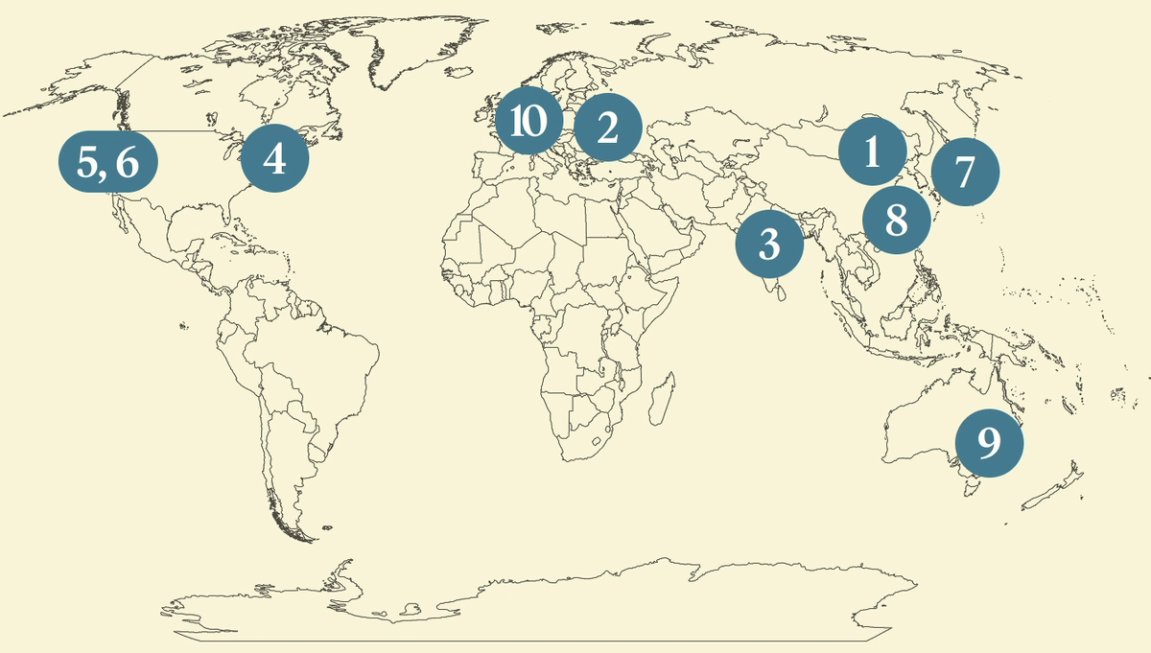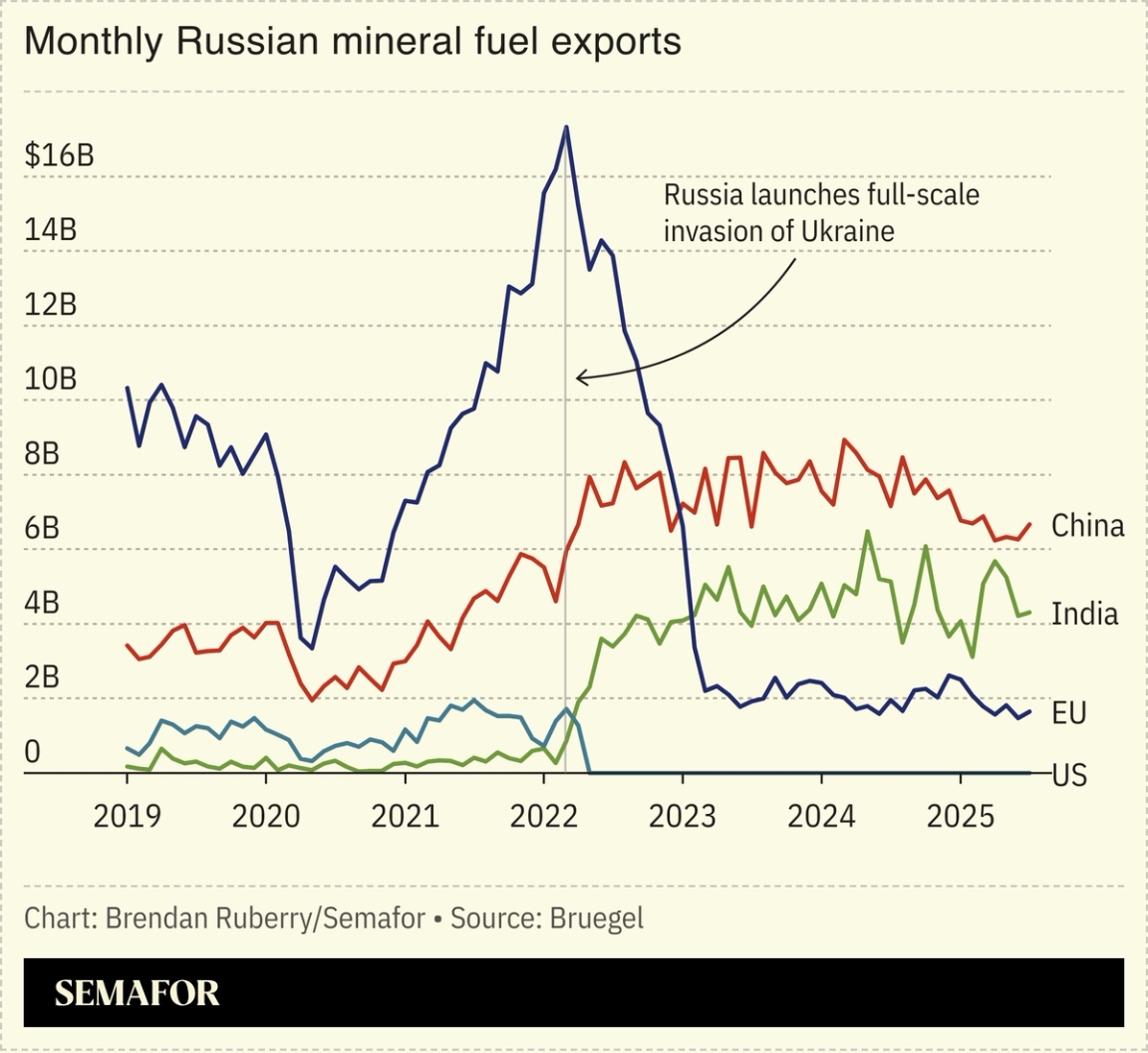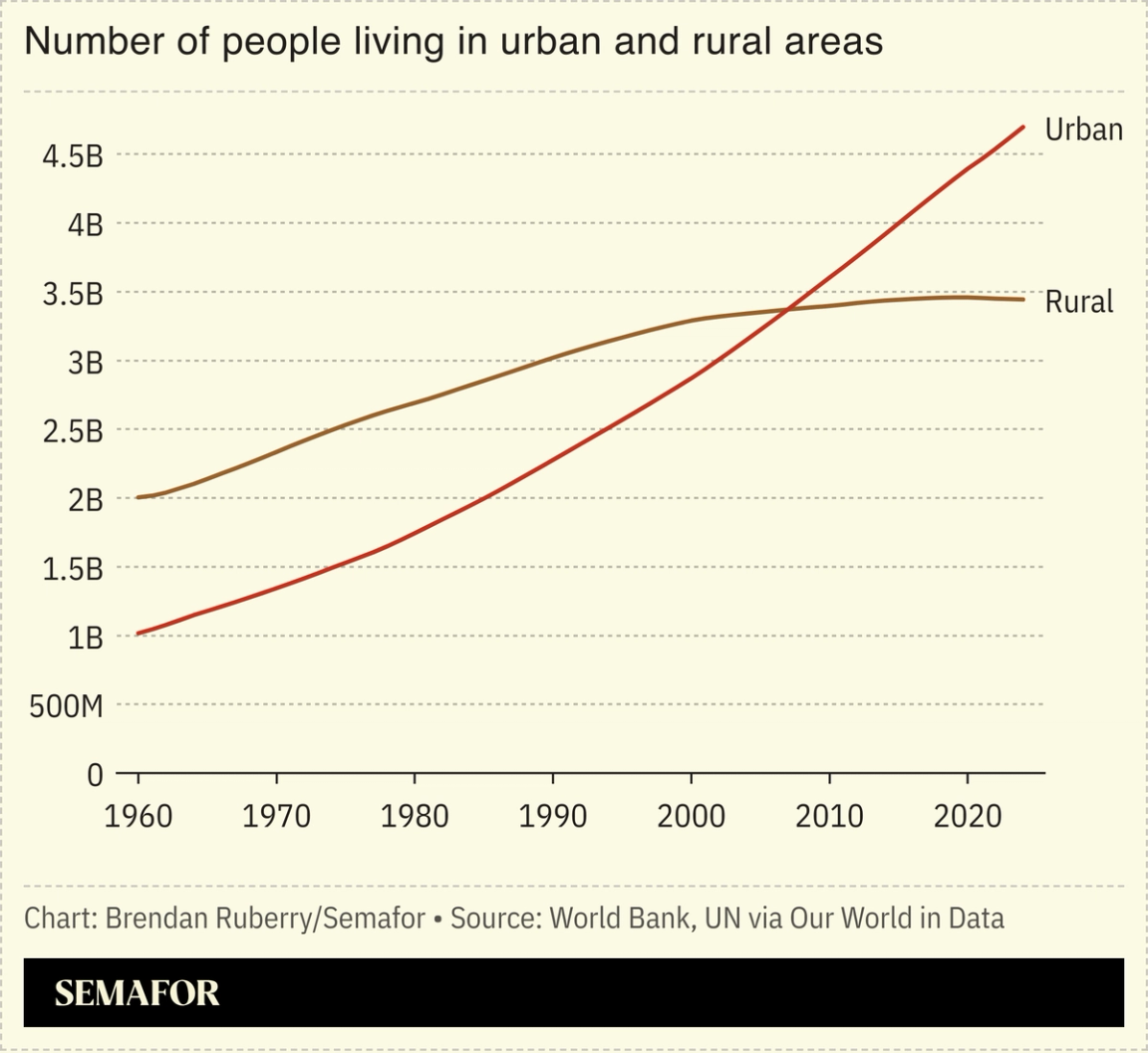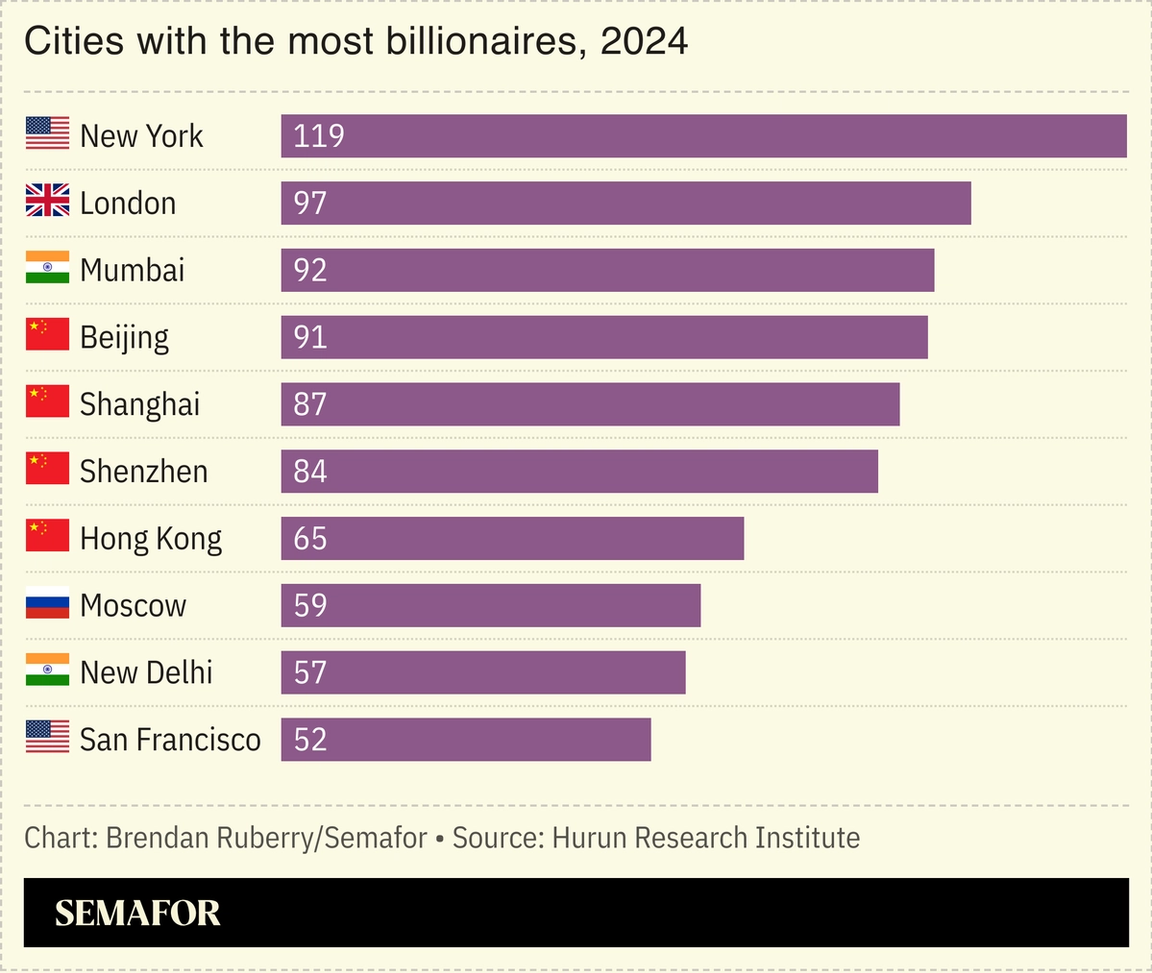| | Donald Trump and Xi Jinping discuss Ukraine and Taiwan, OpenAI rolls out a shopping assistant, and w͏ ͏ ͏ ͏ ͏ ͏ |
| |  | Flagship |  |
| |
|
The World Today |  - Trump and Xi talk
- Ukraine peace deal changed
- Sanctions distort Russia prices
- Trump’s legal setback
- AI could help find deals
- AI could also help find aliens
- More people in cities
- High-society Chinese wedding
- Keyless car thefts tick up
- Berlin’s cowboys face eviction
 Guillermo del Toro is reviving interest in a 19th-century empress’ hair. |
|
Trump and Xi talk Ukraine, Taiwan |
 Soldier participates in defense drills in New Taipei City. Ann Wang/Reuters Soldier participates in defense drills in New Taipei City. Ann Wang/ReutersChina’s Xi Jinping spoke with US President Donald Trump on Monday as Beijing looks to play a bigger role in Ukraine peace talks and assert its claims over Taiwan. The rare call comes as China — which has supported Russia’s war economy — sees Washington advance negotiations with Kyiv and Moscow and “feels the need to be more involved,” an expert said. The call also comes as Beijing’s tensions with Tokyo escalate over the Japanese premier’s comments about Taiwan: Xi emphasized to Trump that Taiwan’s “return to China is an important component of the postwar international order,” state media wrote. Beijing was angered by the US’ recent missile system sale to Taipei, and is “pressuring all countries” to pick a side, Bloomberg wrote. |
|
Ukraine, US alter peace deal |
 Anatolii Stepanov/Reuters Anatolii Stepanov/ReutersUkrainian and US negotiators made major changes to a peace proposal that was initially seen as favorable to Moscow and unacceptable to Kyiv. “Something good just may be happening,” US President Donald Trump wrote Monday, hailing progress toward a deal. But serious hurdles remain: The new version of the plan is more palatable to Ukraine, and therefore may well be a non-starter for Russia, The Washington Post wrote. Kremlin-affiliated nationalist war bloggers have voiced opposition to a diplomatic solution, suggesting “Russia is unlikely to accept any proposed peace plan that falls short of Ukrainian capitulation,” according to a new report from the Institute for the Study of War. |
|
Sanctions hurt Russia war economy |
 Western sanctions are hurting Russia’s war economy by distorting prices for both imports and exports. Chinese exporters have been charging Moscow more for military-related products given its reliance on their supplies: Prices for such goods rose 87% between 2021 and 2024, a new report found. The West hopes to see Russia completely cut off from suppliers, but it’s a “pretty good outcome” to see Chinese companies “ripping them off,” one sanctions official told the Financial Times. Moscow’s oil giants, meanwhile, are also offering heavy discounts on crude exports after new US sanctions led Indian refiners to pause orders. It hurts a lucrative trade for Moscow just before a planned tax increase — a hike the Kremlin plans to blame on the West. |
|
Judge throws out Comey, James charges |
 Aaron P. Bernstein/Reuters Aaron P. Bernstein/ReutersA US judge on Monday dealt a blow to President Donald Trump’s efforts to prosecute perceived political adversaries, dismissing charges against New York Attorney General Leticia James and former FBI director James Comey. The ruling said the prosecutor overseeing their cases was appointed unlawfully, rejecting arguments the Trump administration has used to install loyalists as prosecutors across the country. Trump’s push to exact legal revenge on opponents has fueled an exodus of Department of Justice lawyers, The Guardian reported, and more than half of Americans believe such prosecutions are “unjustified,” a poll found. But the setbacks are unlikely to deter Trump’s retribution campaign: The Pentagon is probing a Democratic senator who urged troops to defy “illegal orders.” |
|
AI creeps into holiday shopping |
 OpenAI OpenAIAI will play a larger role than ever in this year’s Western holiday shopping season. OpenAI on Monday launched a new “shopping assistant” in ChatGPT that allows users to detail what they’re looking for, before the chatbot scours the web for the best match and deal. It’s the startup’s latest attempt to challenge Amazon’s dominance in e-commerce — OpenAI recently debuted a feature allowing users to make purchases directly through ChatGPT — and follows similar virtual assistants by Walmart and Google. But OpenAI cannot successfully challenge Amazon’s AI-powered retail business, analysts argued, because of the absence of instant checkout capabilities, and because Amazon’s AI assistant Rufus keeps customers within its ecosystem. |
|
 Not another newsletter. Snap Sense skips the small talk and gives you sharp, essential updates across US business, tech, and culture. It’s the intel that matters — quick to read, hard to quit. Subscribe for free. |
|
AI could help find alien life |
 Mike Blake/Reuters Mike Blake/ReutersAI-powered research appears to have found the oldest evidence of photosynthesis on Earth, which could help in the search for life on other planets. Photosynthesis, using sunlight to capture atmospheric carbon, is one of evolution’s most important inventions. It was known to have existed by 1.6 billion years ago, but the new study — which used an AI model trained on modern examples to detect signature molecules in ancient rocks — pushes the timescale back 800 million years. The study also found biological molecules in rocks 3.3 billion years old; we know that life already existed then, but this is the first molecular evidence. The techniques could search extraterrestrial rocks for evidence of biological molecules, researchers told Scientific American. |
|
More people live in towns and cities |
 More than four-fifths of the world’s population lives in towns and cities, the UN found, much more than previously estimated. The last report, in 2018, said just 55% of people were urban, but it relied on individual countries’ definitions — in Denmark, “urban” meant settlements of at least 200; in Japan, 50,000. The new research standardized definitions, and using satellite and survey data established that 45% of people live in cities of over 50,000, and 36% in towns of more than 5,000. The increase is mainly because of the changing methodology. Humanity’s agglomeration brings risks — city dwellers face worse pollution and extreme heat — but also benefits, including better healthcare access, and more work and social opportunities. |
|
China’s ultra-rich wedding |
 An upcoming wedding in China offers a look into the country’s next generation of wealth. Zhang Junjie, the founder of milk tea chain Chagee, is marrying Gao Haichun, the daughter of a solar energy magnate. The couple, both in their early 30s, represent segments of the Chinese economy — digital-native, consumption-driven ventures and renewable energy, respectively — that have boomed over the last 10 years, but are now facing challenges: Chagee is struggling amid domestic competition while China’s solar industry is squeezed by tariffs and overcapacity. Their marriage also unites two different types of Chinese wealth. Zhang’s rags-to-riches entrepreneurship story is hailed in state media, while Gao is among a generation that will inherit billions from their parents, Bloomberg noted. |
|
Keyless car thefts on the rise |
Devices that allow criminals to steal keyless cars are on sale online for $25,000. The introduction of keyless fobs was intended to boost security as well as convenience, but it has created a crime wave across several countries: The BBC reports that gangs rent out the gadgets for large sums, and steal cars to order. In the UK, keyless models account for more than 60% of stolen cars; police in one Australian state say that thanks to keyless driving, car theft is at levels not seen since 2003, when cars could still be hotwired; and the top three most-stolen cars in the US in 2024 were all keyless, although overall thefts have fallen after a spike between 2021 and 2023. |
|
Berlin’s Wild West under threat |
 Jörg Carstensen/picture alliance via Getty Images Jörg Carstensen/picture alliance via Getty ImagesA slice of the American Wild West in Berlin is endangered. Old Texas Town, located fittingly in the former West Berlin, has for decades served as an ode to the American frontier — the land is outfitted with a sheriff’s office, courtroom, a reproduction of the Alamo, and other Western staples. The public can visit for hoedowns or a drink at the local saloon. But Old Texas Town’s lease |
|
|